Human rights activists have asked governors of the 17 states in Southern Nigeria to “stand their ground and resist any attempt no matter how brazen by President Muhammadu Buhari to illegally annex the ancestral lands of their states and their native peoples.”
Nearly a month after the governors met in Asaba, Delta state, where they first resolved to ban open grazing of cattle, in a decisive statement after a meeting today Monday, July 5, in Lagos, the Governors set September 1, 2021, as the deadline for promulgation of anti-open grazing law in all its member states.
Join our WhatsApp ChannelFollowing their resolution, the Human Rights Writers Association of Nigeria (HURIWA), has thrown its weight behind the Forum. In a press statement by its National Coordinator, Comrade Emmanuel Onwubiko and National Media Affairs Director, Miss Zainab Yusuf, and obtained by Prime Business Africa, HURIWA said the Governor’s decision to “give an implementable deadline for the enforcement of the ban on open grazing of cows is worthwhile.”
At the Asaba meeting, the governors had resolved that “open grazing of cattle be banned across Southern Nigeria.” They had noted that “development and population growth has put pressure on available land and increased the prospects of conflict between migrating herders and local populations in the South. Given this scenario, it becomes imperative to enforce the ban on open grazing in the South (including cattle movement to the South by foot).”
In Lagos, the Governors also agreed that “funds deducted from the Federation Account for the Nigeria Police Security Trust Fund be shared among the states and federal government; rejected the proposed 3% share of oil revenue to host communities; rejected the proposed 30% share of profit for the exploration of oil and gas in the basins; rejected the ownership structure of the proposed Nigeria National Petroleum Company Limited (NNPC).”
Other resolutions reached included: “the next president should emerge from the South; re-emphasised the need for State Police; resolved that if for any reason security institutions need to undertake an operation in any State, the Chief Security Officer of the State must be duly informed; and frowns at selective criminal administration of Justice and resolved that arrests should be made within the ambit of the Law and fundamental human rights.”

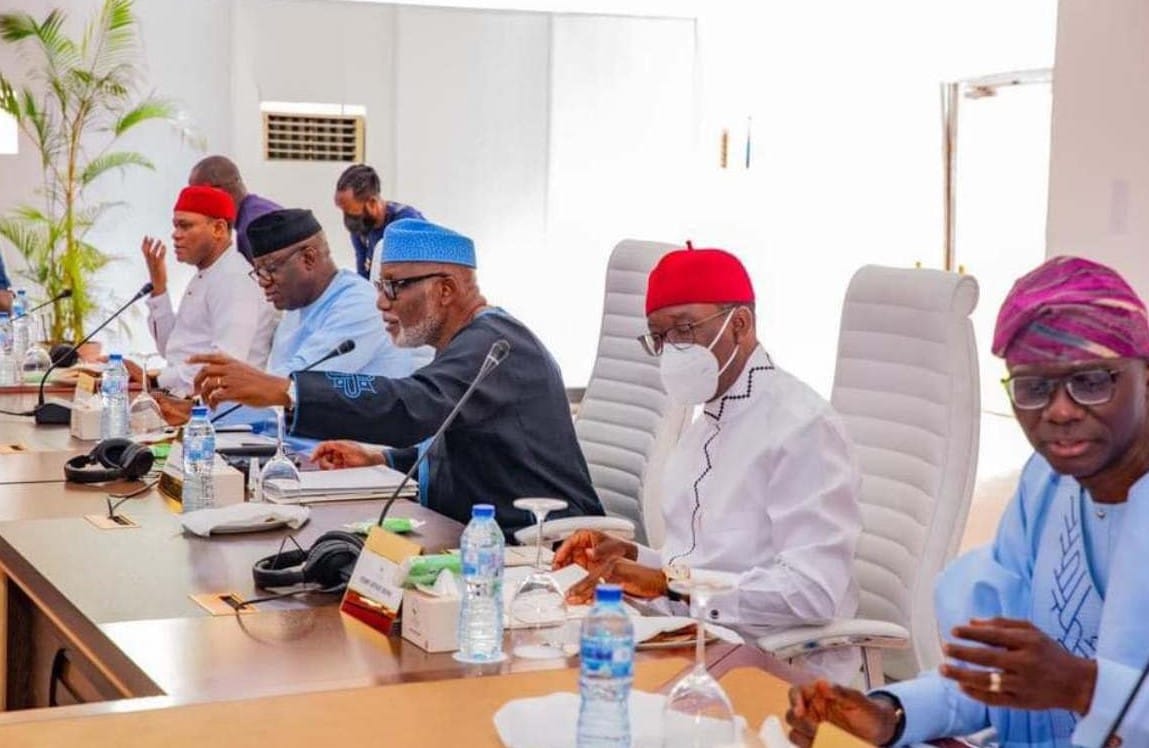




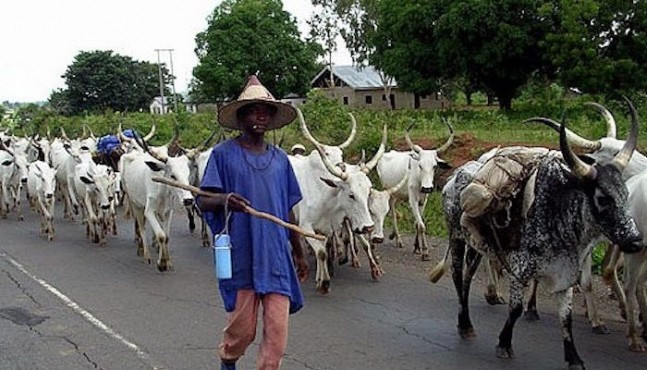





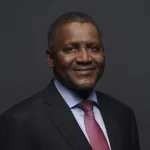


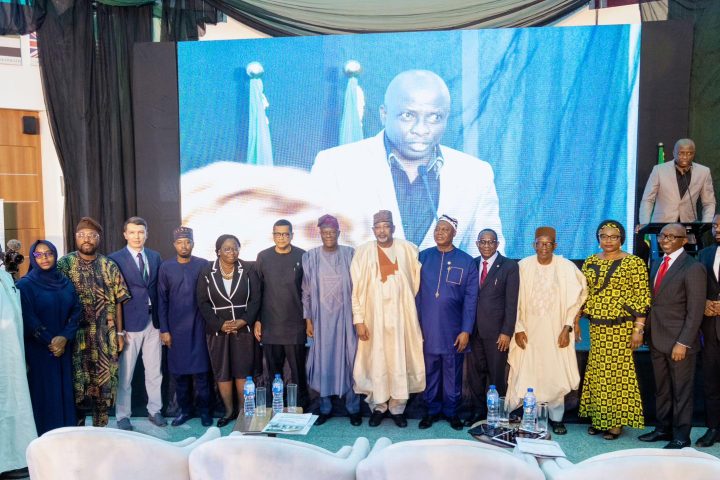

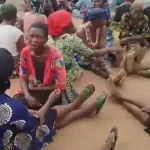
Follow Us